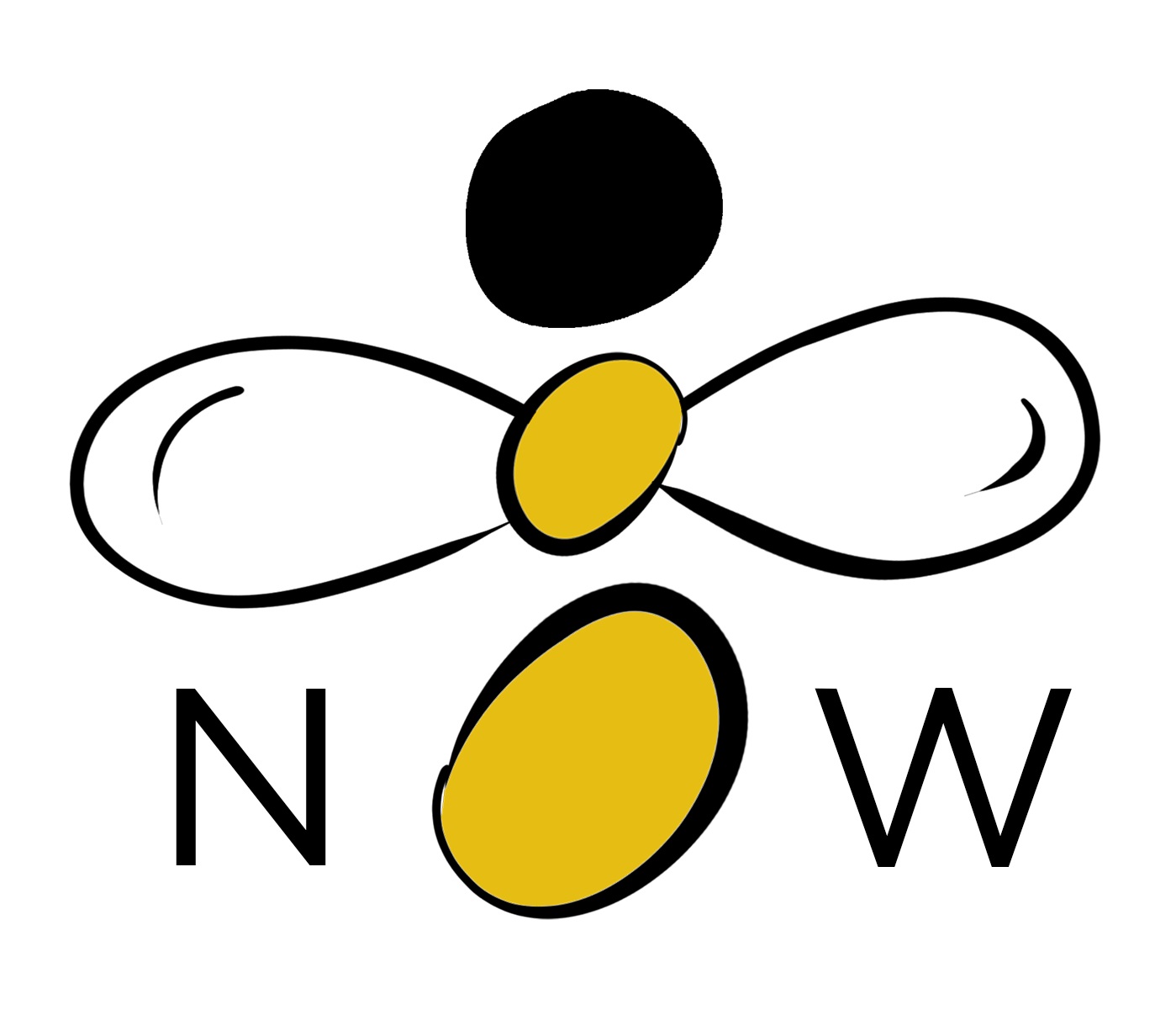 At the English training center where I teach, I was asked to prepare a 5 minute presentation on any topic for an upcoming all-staff meeting. I said, “OK” and forgot about it. Later, my colleague asked what the topic might be and I told her maybe Yoga, on why I do it and how I practice. It’s not something I’m necessarily an expert on, but it’s something I enjoy. During the week, I considered other ideas that I would want to talk about. On the day of the presentation, something clicked and I decided on creativity, wrote down a few ideas and stories to share.
At the English training center where I teach, I was asked to prepare a 5 minute presentation on any topic for an upcoming all-staff meeting. I said, “OK” and forgot about it. Later, my colleague asked what the topic might be and I told her maybe Yoga, on why I do it and how I practice. It’s not something I’m necessarily an expert on, but it’s something I enjoy. During the week, I considered other ideas that I would want to talk about. On the day of the presentation, something clicked and I decided on creativity, wrote down a few ideas and stories to share.
As a developed nation, China is known to be a powerhouse in manufacturing and export. It’s also known to not be creative, at least that is what the locals are telling me. When I ask them, “What does it mean to be creative in China?” I get things like, “Chinese people are not creative.” So naturally I was curious and a bit nervous about the talk. Curious to see what happens, nervous about being exposed.
Remove expectations
The room of 30 or 40 included folks from all the departments. I started with saying I’m a student of creativity and what I’ve learned over the years is that being present is enough. You don’t need to be anywhere or do anything special to do interesting things. I then wrote “Road to Nowhere” on the whiteboard, with “Now” underlined. I stood there quietly looking at the audience. Some began to read it as “road to nowhere” others as “road to now here.” As the murmurs slowly quieted, I said, “It’s both!” I swept the room with my arm and said remove expectations. The best way to arrive arrive at new ideas is to clear your preconceptions and make yourself available to the present moment. Empty your mind like a flute so the music can play on through.
Embrace constraints
Contrary to popular belief, limitations can liberate creativity. I brought out my wallet from my back pocket. It was made from an orange and blue glossy paper that we were all familiar with. It was torn from the book cover of the teacher’s training guide. My previous paper wallet I had bought in Germany had deteriorated so I cut through the book cover, got some tape, and made my own paper wallet. The group got a good laugh.
Focus
Having control in life is an instinctive choice. We want to be in control of our destiny, to steer the right direction. It’s why we set goals and plan our days. Having a sense of control brings focus and clarity.
“Now think about your first breath, what was that like?”
One person said, “I don’t remember.” followed by some giggles in the room.
“During our first breath of life, we don’t try to control it, we just accept. Each one of us also has a final breath, a final exhalation. How might that breath be like?” The center manager tittered, “It’s heavy,” as she took a few short breaths.
I looked around the room and asked, “what advice would you give yourself on your final breath?” One person in front said, “Peace.” I said, “then forget everything else, and just focus on that.” Accept what you cannot control and focus on what you can.
Dissolve the critic
We all have an inner critic when we want to try something new, saying things like, “I’m not good enough,” or “They’ll judge me.” If we let the chatter dominate our thinking, it stifles our passion. So we can manage the self-talk. There is a time to invite reflections but most often we just need to get to work. You don’t need to start with a great idea. Starbucks learned from many failures before becoming the global coffee brand that it is today. Start small, take action, reflect later, and dissolve the critic in the deep sea of your passion.
“By letting to, it all gets done.” -Lao Tzu
Photo taken at a Tao Temple on the summit of Qing Cheng Mountain, near Chengdu
